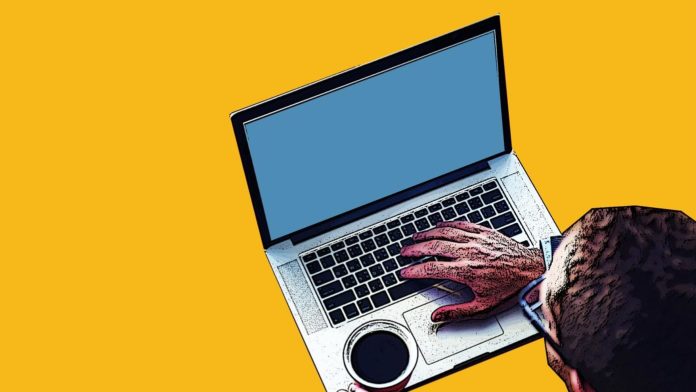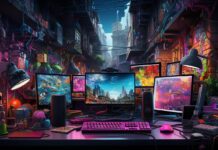
The Internet of Things provides an immersive and engaging environment for multi-tasking and micromanaging various tasks at once. Its connectivity and ease of use make it a gamechanger in domestic life. However, one commercial use of it is in the retail sector, where IoT provides an optimization of the traditional processes and methodologies.
Retail and IoT go hand in hand, offering an improved experience for both retail companies and their customers. Here are the 15 top IoT solutions for retail:
Smart Stores
There’s nothing you can’t do with IoT. Automate your store and track every purchase to create a more data-oriented environment that gives you the tools you need to formulate procedure and strategy. With robots manning the isles to efficient inventory tracking, the options you can explore are immense.
Smart Warehouses
Tying in with the previous point, you can automate and revolutionize your warehouse with smart technology as well. With better management and inventory checking, you give yourself more efficient warehousing.
Supply Chain Management
Retail and IoT have a relationship that extends to the supply chain as well, giving you a procedure to make operations more efficient and increase revenue opportunities.
Predictive Equipment Maintenance
Rather than having quality assurance engineers check on your equipment regularly, have an automated system for the task. This predictive equipment maintenance helps you streamline the process while reducing costs.
Connected Customers
Through IoT, customers can constantly be in communication with their choice retail stores and check everything from availability to variety. It makes for a more absorbing retail experience.
Personalized Shelving
Rather than having to stock everything together based on their group, personalized shelving through client preferences is an IoT solution for retail.
No Checkout Lines
With efficient cash counters where customer purchases are logged when they put them in their cart, the concept of checkout lines will develop.
Efficient Product Logging
Rather than having to count individual products and logging them in, through RFID warehouses can stock any number of materials and not have to worry about their figures.
Smart Employees
Minimize human error with robot employees that always perform how they’re supposed to, with minimum errors.
Smart Discounts
Through constant client connectivity, discounts are now easier than ever to make use of. Smart discounts can be accessed anywhere and at any time.
Greater Loyalty Bonuses
The customers’ loyalty won’t be checked by how many times your cashier or manager sees them. Clients will be tagged in whenever they shape, making loyalty bonuses more efficient.
Store Layout Optimization
Improve the store’s layout by checking how customers interact with the store.
Improved Customer Service
IoT helps deal with consumer claims and problems in a more efficient manner that helps both retail business and customer.
Efficient Tracking
From the product manufacturing to transportation, each part of the cycle can now be placed on the map and tracked at any time.
Improved Security
Through RFID tracking, retail businesses can now check whenever shoplifting occurs and can take the necessary steps to stop it before the shoplifter leaves the store.

















